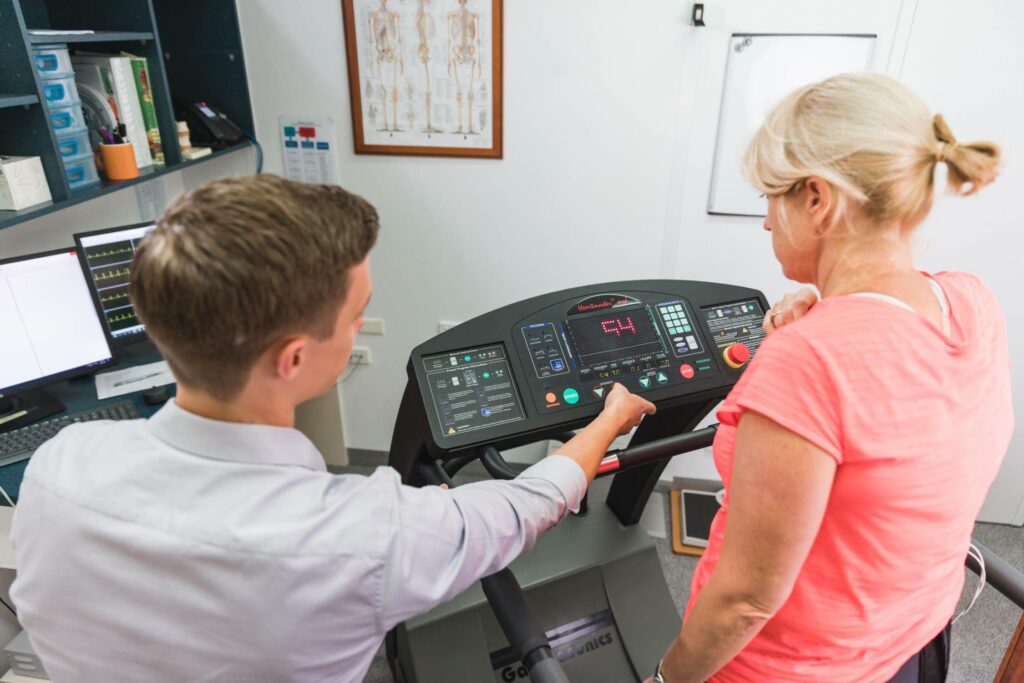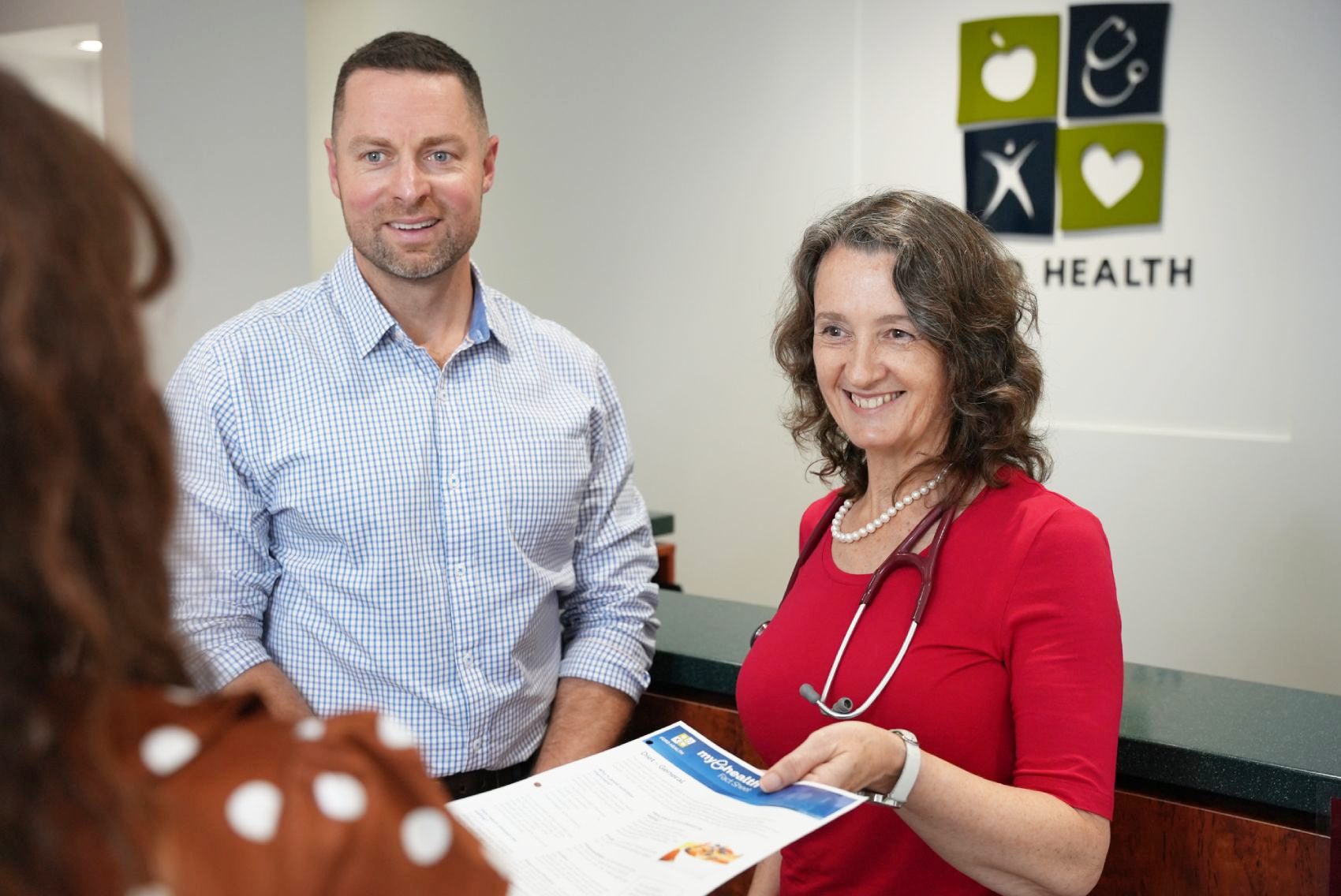When it comes to our health and wellbeing, transparency and availability of information is essential. Having access to the latest research and health advice empowers each of us to make informed choices about our bodies and habits. This, in turn, promotes self-advocacy and supports healthier lifestyles. However, when it comes to women’s health, critical information on health care and disease prevention may not always be as readily available as it should be.
In the spirit of Women’s Health Week this year, additional resources that help to “Grow your knowledge,” in this area can help to address some of the gaps in women’s health and foster a better understanding of your body.
Historically, more research has been conducted on men’s health, not women’s health.
For much of history, medical and health research has predominantly focused on men, often overlooking the unique physiological, hormonal, and psychological differences that women possess. This gender bias in research is rooted in societal norms, historical perspectives, and even concerns about the complexities of studying women’s health. The bias has led to significant gaps in understanding conditions like cardiovascular disease, which manifests differently in women compared to men.
An article highlighting research from Deakin University by Associate Professor Severine Lamon and Dr. Olivia Knowles investigates the reasons behind this bias.
The focus on men’s health in research has created large and concerning gaps in our understanding of women’s health. Recognising the differences between men and women in research and embracing gender diversity in clinical studies are crucial steps toward addressing these gaps.
Where Do These Gaps Exist?
Knowledge gaps in women’s health exist across various areas of medical research and healthcare. According to McKinsey & Co., shortcomings exist at each stage of the “data value chain” in women’s health. Some of the key areas where these gaps exist include:
Cardiovascular Health
Cardiovascular research has heavily focused on men, leading to a lack of understanding about how heart disease and related conditions manifest in women. Symptoms of heart disease can differ between genders, and risk factors might affect women differently.
Autoimmune Diseases
Conditions such as multiple sclerosis, lupus, and rheumatoid arthritis disproportionately affect women. However, much of the research into these diseases has been conducted on male subjects, leaving women with a gap in knowledge around tailored treatment options and their outcomes.
Pain Management
Pain perception and responses to certain medications differ between men and women. Yet, many pain studies to examine pain treatment options have excluded women, or included only a small proportion of female participants.
Hormonal Health
From menstruation to menopause, hormonal fluctuations significantly impact women’s health. However, many aspects of hormonal health, including the effects of birth control, fertility treatments, and menopausal symptoms, remain under-researched.

Mental Health
Women are more likely to experience depression, anxiety, and eating disorders. Yet, psychological research has often focused on men, leaving gaps in understanding how these conditions manifest in women.
Bone Health
Osteoporosis is more prevalent in women, particularly after menopause, yet research on preventative measures and treatments remains limited.
Cancer Research
Breast cancer and cervical cancer are among the most common cancers affecting women. However, our understanding of how lifestyle, certain medications, and risk factors affect female cancer rates is still developing.
Reproductive Health & Maternal Care
Globally, maternal health remains a concern, especially in low and middle-income countries, where access to healthcare is limited. Sexually transmitted infections (STIs), including HIV, disproportionately impact women, yet access to contraception, prenatal care, and safe abortion services varies widely.
Alzheimer’s Disease & Aging
Women are at a higher risk of Alzheimer’s disease, yet research into gender disparities in cognitive decline and brain aging remains insufficient.
Reproductive Health Concerns
Reproductive health is a critical issue for women with barriers to contraception and maternal healthcare, leading to higher rates of unintended pregnancies and maternal mortality. STIs, including HIV, remain a significant concern, with many women lacking access to preventative care and treatment options.
The World Health Organization (WHO) highlights the importance of accessible reproductive health services, including prenatal care, STI prevention, and contraception. Improving access to these services is essential for reducing health risks associated with pregnancy and reproductive conditions.

What is Being Done to Address These Gaps?
In recent years, many new efforts have been made to close these knowledge gaps, empowering women to make better-informed decisions about their health with access to evidence-based health information and interventions. This transparency and research in women’s health allows women to identify symptoms early, seek assistance, and adopt preventative health measures.
Jean Hailes Women’s Health Week
Jean Hailes’ Women’s Health Week is a major initiative working to raise awareness and improve access to accurate health information. Each September, this event focuses on five key topics in women’s health:
- Health Checks – Encouraging women to undergo regular health screenings for conditions such as cervical cancer and high blood pressure.
- Pain – Addressing chronic pain conditions that disproportionately affect women.
- Hormones – Exploring the effects of menopause, contraception, and hormonal imbalances.
- Women’s Health in the Workplace – Advocating for better workplace health policies.
- Nutrition for Women – Providing education on healthy weight management and diet.
Jean Hailes Women’s Health Week attracts over 200,000 attendees in Australia, with over 5 million online participants engaging with educational resources.

Ford Health is Here to Support You
At Ford Health, we understand that closing the gaps in women’s healthcare requires education, early intervention, and access to the latest medical research. If you’re looking for personalised health care and expert advice on managing risk factors, symptoms, and treatment options, our experienced team is here to help. Our Complete Wellbeing Program takes a holistic approach to proactively address key areas of women’s health, and how each interacts to influence overall wellbeing.
Through our Executive Health Assessments and Wellbeing programs, we have supported many women in leadership roles to take a proactive approach to their wellbeing and achieve a healthier work-life balance.
Backed by cutting-edge research, our doctors have guided countless women toward better lifestyle choices and preventative health measures. If you’re concerned about your heart health, mental wellbeing, reproductive health, or chronic disease risks, Contact Ford Health today.
Let’s work together to close the gaps in women’s health and ensure every woman has access to comprehensive healthcare.







